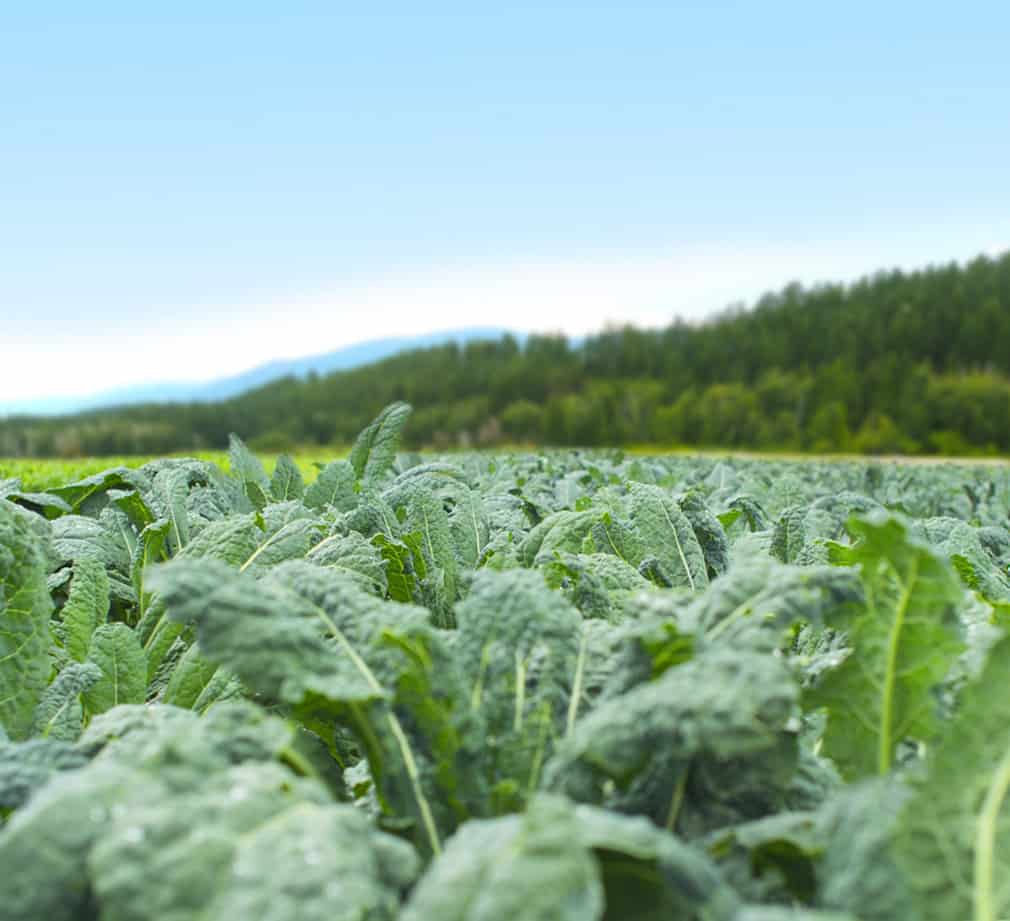How Greens Supplements Can be Good for You and the Planet

What are the health benefits of greens?
You know you’re supposed to eat your greens. But greens aren’t just vegetables!
- Green grasses, such as alfalfa, barley, and wheat grass, are the (gluten-free) sprouts of plants that grow into cereal grains. They’re a concentrated source of nutrients such as vitamins, minerals, and amino acids. Wheatgrass, for example, has more vitamin C than oranges, and twice the vitamin A of carrots![1]
- Green herbs, like cilantro, parsley, dandelion, basil, and spearmint not only add taste to food, but they add nutrition, too. Some, like parsley, are high in vitamins A, C, and K. But green herbs also contain polyphenols that have antioxidant powers and support healthy inflammatory responses.*[2]
- Green vegetables, including artichoke, kale, celery, broccoli, cabbage, arugula, watercress, peppers, Swiss chard, and spinach, are some of the most healthful foods you can eat. They’re high in vitamins, minerals, and fiber, but low in calories. Kale has a particularly impressive nutrient profile with 684% of the Daily Value (DV) for vitamin K, 206% of the DV for vitamin A, and 134% of the DV for vitamin C in one cup of the raw vegetable.[3]
- Green algae are packed with nutrition as well. Spirulina, for example, is a good source of thiamin and riboflavin, as well as iron, and it’s an excellent source of copper. But spirulina doesn’t just support nutritional status. It’s been shown to increase markers of immune function, such as white blood cell count.*[4] Plus, spirulina provides antioxidant support and promotes cardiovascular health.*[5] This super-algae has even been shown to support healthy energy levels and endurance.*[6]
Why choose organic greens?
There are two basic reasons: they’re better for you and they’re better for the Earth. Organic greens are grown sustainably without chemical fertilizers, pesticides, or herbicides.
Why choose fermented greens?
Fermenting greens releases their full nutritional potential by making them more easily digestible; enhancing their vitamin, mineral, and protein content; eliminating antinutrients (substances that inhibit absorption of nutrients); promoting gut health by encouraging the growth of beneficial bacteria; and helping reduce occasional gas and bloating.* That’s a lot of benefits!
Whole Earth & Sea® 100% Fermented Organic Greens and Protein & Greens powders are packed with nutrition from organic, fermented, green grasses, herbs, vegetables, algae, and fruits, most of which are grown on our own certified organic farm. Each delicious scoop is packed with eight servings of veggies and fruits. The Protein & Greens additionally provides 21 grams of quality plant protein in every serving. These products are good for you and good for the Earth, as we takes environmental stewardship seriously in every step of our farm-to-supplement process.
Happy Earth Month!
References:
1. Dubois S. Nutritional grasses. Healthy Eating. SF Gate. https://healthyeating.sfgate.com/nutritional-grasses-1028.html
2. Krieger E. The health benefits of herbs. Wellness. The Washington Post. 2015 Apr 14. https://www.washingtonpost.com/lifestyle/wellness/the-health-benefits-of-herbs/2015/04/13/4668c73a-dd59-11e4-acfe-cd057abefa9a_story.html
3. Enloe A. The 13 healthiest leafy green vegetables. Healthline. 2018 Jul 1. https://www.healthline.com/nutrition/leafy-green-vegetables
4. Selmi C, 2011.
5. Leech J. 10 health benefits of spirulina. Healthline. 2018 Oct 5. https://www.healthline.com/nutrition/10-proven-benefits-of-spirulina
6. Kalafati M, et al. Ergogenic and antioxidant effects of spirulina supplementation in humans. Med Sci Sports Exerc. 2010 Jan;42(1):142-51. https://pubmed.ncbi.nlm.nih.gov/20010119/
.png)